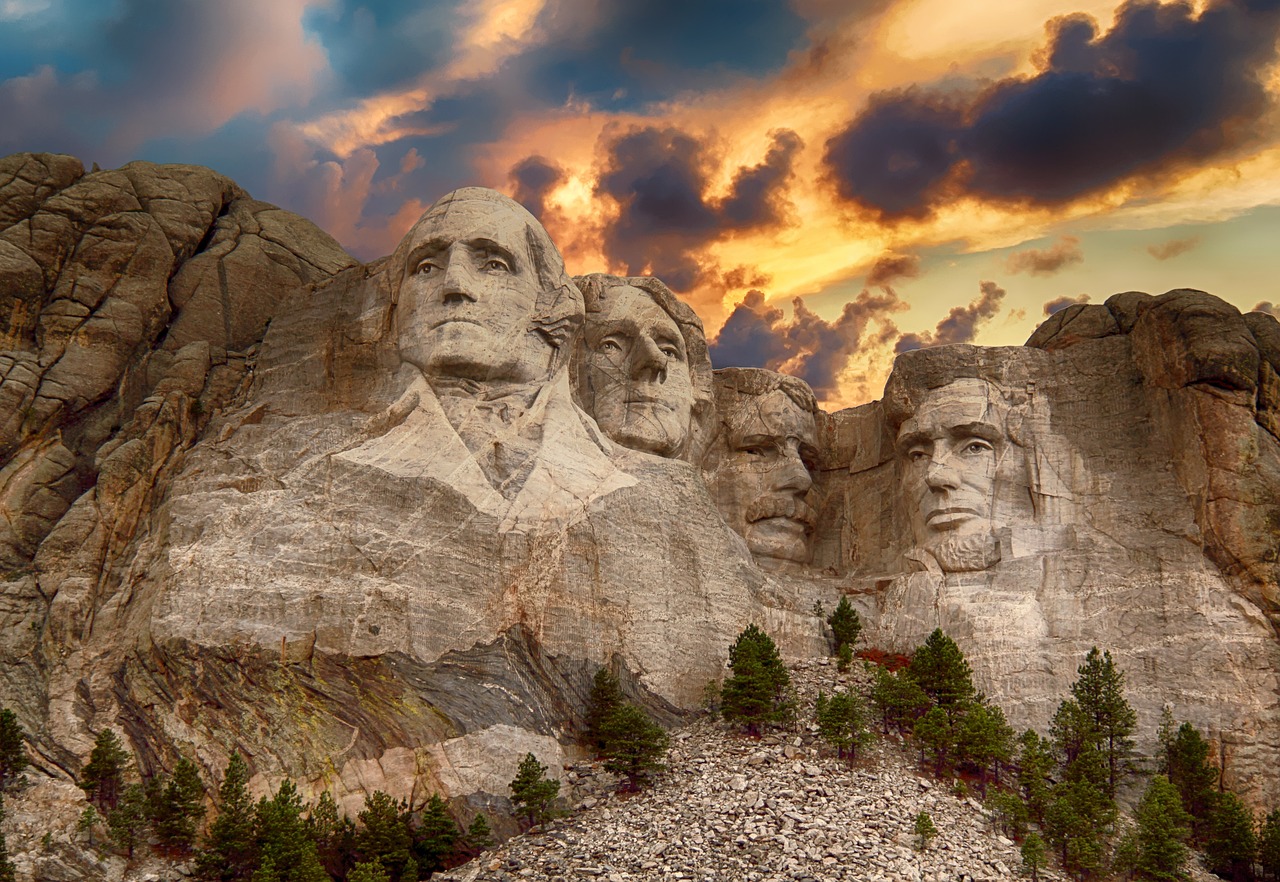
Presidents’ Day, celebrated on the third Monday of February each year, is more than just a day off for many people in the United States—it’s a day to honor and reflect on the leadership and legacy of the nation’s chief executives. While many view it as a time for sales or an extended weekend, the holiday has a deeper significance rooted in American history. In this blog, we will explore the origins of Presidents’ Day, its evolution over the years, and why it remains an important day for Americans to commemorate.
Origins of Presidents’ Day
Originally, Presidents’ Day was established in 1885 to honor George Washington’s birthday, which falls on February 22. Washington, as the first president of the United States, is widely regarded as one of the most influential figures in American history. The holiday was initially observed on Washington’s actual birthday, but in 1968, the Uniform Monday Holiday Act was passed to provide more three-day weekends for the nation’s workers. As a result, Presidents’ Day was moved to the third Monday in February, which, while still close to Washington’s birthday, is now observed as a general celebration of all U.S. presidents.
Though Presidents’ Day was designed to honor Washington, the holiday has evolved over time to encompass the entire office of the president. Today, the holiday honors not just Washington, but all individuals who have held the office, from Thomas Jefferson and Abraham Lincoln to Franklin D. Roosevelt and Barack Obama. It’s a day to reflect on the leadership and influence of the men who shaped the country through periods of peace and conflict, prosperity and hardship.
The Significance of Presidents’ Day
Presidents’ Day serves as an opportunity for Americans to remember the qualities that make a strong leader. U.S. presidents, throughout history, have faced monumental challenges, from wars and economic crises to social upheaval and national divides. Presidents’ Day invites citizens to think about the difficult decisions these leaders had to make and how their actions have shaped the course of the nation.
George Washington’s leadership during the American Revolutionary War and his role in guiding the new nation are central to the American identity. His voluntary relinquishment of power after two terms set a precedent for future presidents and underscored the principle of democratic leadership. Washington’s character—marked by humility, courage, and a commitment to the ideals of liberty—remains an enduring example for leaders around the world.
Abraham Lincoln, too, is often remembered on Presidents’ Day for his leadership during one of the most tumultuous times in American history—the Civil War. Lincoln’s efforts to preserve the Union, along with his commitment to ending slavery through the Emancipation Proclamation, cement his legacy as one of the greatest presidents in U.S. history. His ability to navigate the political, social, and moral challenges of his time makes him an enduring symbol of resilience and vision.

The contributions of other presidents, such as Franklin D. Roosevelt during the Great Depression and World War II, and Ronald Reagan in the late 20th century, are also acknowledged on Presidents’ Day. Each leader brought a unique set of skills and perspectives to the presidency, but all shared a common goal: to protect and strengthen the United States in times of crisis, and to uphold the principles of democracy, freedom, and justice.
Presidents’ Day and American Identity
While Presidents’ Day has historical and political significance, it also plays a role in shaping the American identity. The holiday allows citizens to reflect on the nation’s history and to think about how the country’s leaders have influenced the course of events. It is an opportunity to celebrate the accomplishments of the past while considering the challenges of the present and future.
This day encourages people to appreciate the democratic process and the value of civic engagement. In a time when political polarization and distrust in government are frequent topics of conversation, Presidents’ Day serves as a reminder of the importance of leadership that transcends party lines. Regardless of political affiliation, all presidents have been elected through a democratic process, and they are entrusted with the responsibility of guiding the nation. The holiday provides a moment for citizens to appreciate the role of the presidency in ensuring stability and continuity.
Additionally, Presidents’ Day also serves as a reminder of the enduring principles enshrined in the U.S. Constitution—principles of equality, liberty, and justice. While the history of the United States is not without its flaws, Presidents’ Day encourages Americans to consider how the presidency has evolved and how the nation continues to strive toward a more perfect union.
Presidents’ Day Celebrations
Across the country, Presidents’ Day is marked by various celebrations and observances. Many schools use the holiday as an educational opportunity, teaching students about the lives and legacies of past presidents. Museums and historic sites related to U.S. history, such as Mount Vernon (George Washington’s estate) or the Lincoln Memorial in Washington, D.C., often offer special events or educational programs to mark the occasion.
In addition to the historical focus, Presidents’ Day has also become synonymous with major retail sales. Retailers offer discounts and promotions, and shoppers take advantage of these deals to purchase everything from furniture to electronics. Though this commercial side of the holiday has become more prominent in recent years, it remains rooted in the broader cultural understanding of Presidents’ Day as a time to reflect on the nation’s history.

Conclusion
Presidents’ Day is more than just another holiday on the calendar. It is a day for Americans to honor the individuals who have served as president and to reflect on the leadership and decisions that have shaped the United States. From George Washington’s pioneering leadership to the modern challenges faced by today’s leaders, Presidents’ Day serves as both a celebration and a reminder of the responsibilities of leadership and the importance of democracy.
As you enjoy your day off, take a moment to think about the ways in which the presidency has influenced the nation’s past, present, and future. Whether through historical reflection or simply appreciating the civic values of the country, Presidents’ Day is an opportunity to connect with the principles that have guided the United States for centuries.




